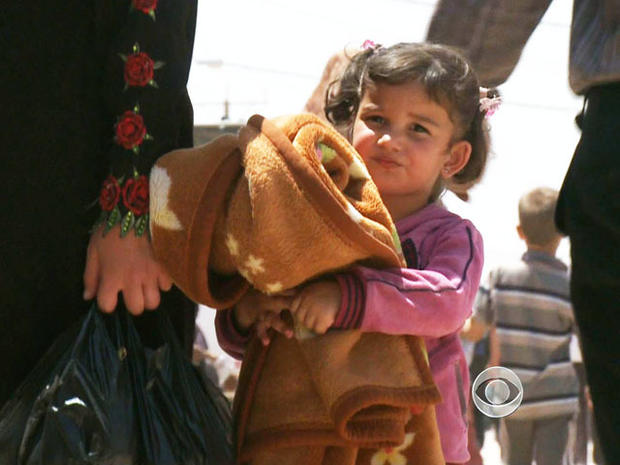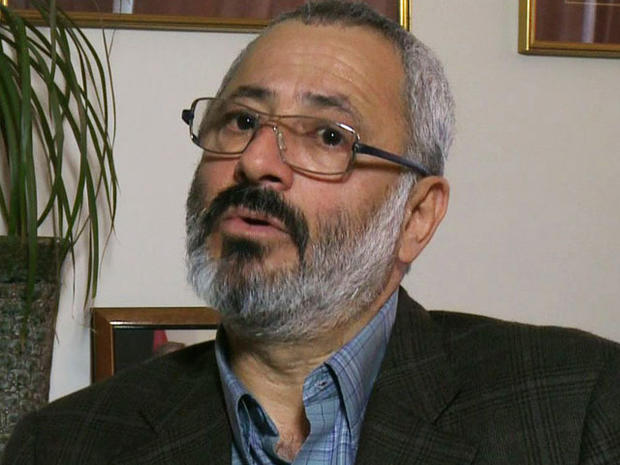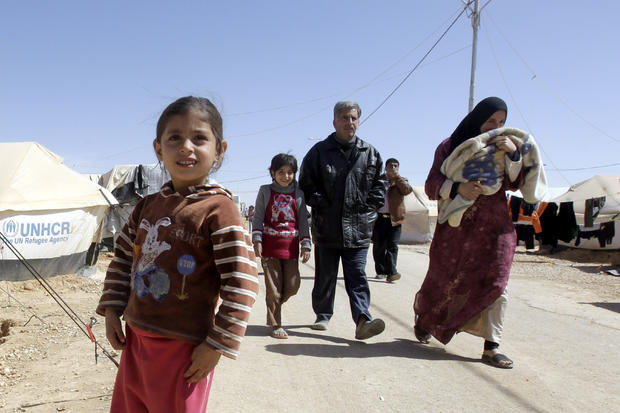Tensions rise as Syrian refugees flood Jordan
(CBS News) ZAATARI REFUGEE CAMP, Jordan -- President Barack Obama said Tuesday there are no easy answers to resolving Syria's civil war. The U.S., he said, will not take further action, unless it is absolutely sure the Assad dictatorship has used chemical weapons against its people.
Syrians rose up against the regime more than two years ago; eighty-thousand have been killed, one million have become refugees, and that's a crisis in neighboring countries.
The fastest-growing city in Jordan is dusty and impoverished. It's also a refugee camp.
More than 500,000 Syrians have flooded into this tiny country of 6 million. That's the equivalent of 26 million refugees arriving in the U.S. -- or the entire population of Texas.
In a country that can hardly support its own population, the refugees are putting a strain on Jordan's water and electricity supplies.
Jordanian lawmaker Mustafa Hamarneh told us there's a growing resentment against the refugees.
Syrian refugees fight for survival in "Dead Cities"
Inside a Syrian refugee camp
Obama: No "easy answers" on Syria
Complete Coverage: After the Arab Spring
"This is really the first time where we hear people in this country very loudly articulating views against opening our borders to receive more and more Syrian refugees," he says, adding Jordanians are "unfortunately" beginning to resent Syrian refugees.
Below: Syrians seek refuge in ancient Roman caves, Clarissa Ward reports.
The feeling of resentment is shared by the Syrians. Riots and protests have become a regular occurrence at the Zaatari Refugee Camp. Residents tell us they are tired of the wretched living conditions and are being made to feel like they're prisoners. Refugees in the camps cannot leave, fueling the tensions.
Jordan's concerns are not limited to the refugee crisis. If the Assad regime falls, there are fears the feeling could spill over into Jordan, destabilizing a key ally of the U.S.
Asked if Jordan is adequately prepared for a post-Assad Middle East, Hamarneh says, "That depends on who takes over. If we are talking about these extremists, nobody in the region is prepared."
There are currently about 200 U.S. military personnel at a Jordanian air base near the Iraqi border. They're working closely with Jordanian troops, training them for a number of different scenarios that might occur if the Assad regime falls. Most importantly, perhaps, they're looking at the possibility of training them on how to go in and secure those chemical weapons sites in Syria.


